Column: Changing Chapters — A response to literary adaptations
Photo credit: Scarlet Levin
My copy of Grimms’ Fairy Tales. My elementary school allowed me to keep this copy because it was falling apart.
When I was little, I, alongside the rest of the world, was obsessed with Disney movies. Although I had my favorites — “Lady and the Tramp,” “Pinocchio” and “Bambi” to name a few — I always came back to a classic: “Cinderella.”
It wasn’t until years later that I discovered “Grimms’ Fairy Tales,” written by brothers Jacob and Wilhelm Grimm, and their far darker version of Cinderella. It was then that I learned about book-to-movie adaptations and that not all turn out as great as Disney’s “Cinderella” did.
Book-to-film adaptations, or literary adaptations, attract new fans but may repel old ones. No matter how well a movie may do on Rotten Tomatoes, will always be met with mixed feelings and some even inspire rage.
In the article, “The Trouble with Making Books We Love into Movies,” Jenn Doll of The Atlantic wrote: “Any way you look at it, the movie version of a widely successful book is bound to go wrong. Has any book lover ever truly been fully satisfied with the big-screen adaptation? The relationship we have with the book is personal and special; the relationship we have with the movie is more distanced from that, more passive, and certainly less demanding of us.”
This is certainly true for me, at least. My all-time favorite book series, Harry Potter, is a cultural icon. Over its 21 years, the series, written by J.K. Rowling, has notably spawned merchandise, a website, an award-winning play (now on Broadway), theme parks and, yes, movies.
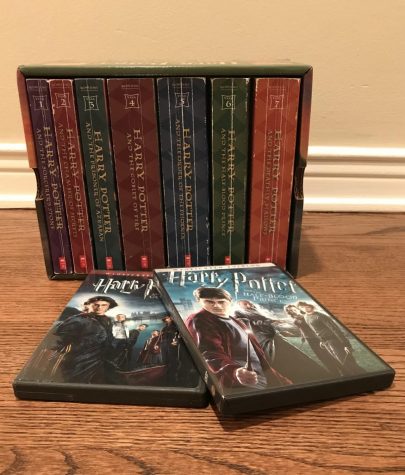
My Harry Potter box set and two of the movies on disk. Clearly visible from the torn spines of each novel is my love for the books, while the movies I had only played once each.
As much as I wanted to love the Warner Bros. adaptation of the series, I found only certain moments appealing. Contrary to popular opinion, I thought the actors’ representation of the characters were inaccurate and mostly dull.
The film’s lacking important plot points and overall loses the magical whimsies Harry and his friends are so well known for.
Often times, I specifically will not watch a literary adaptation for fear of my opinion on the book changing for the worse. But what I’ve discovered from reading so many books and watching so many movies is to take risks and get out of my comfort zone. So in the spirit of movie adaptations, there were a few books I really enjoyed reading — which will, alongside a few others, become movies in the next few years. I’d be lying if I didn’t say I was excited to give them a try:
“The Hate You Give”
“The Hate You Give,” or “THUG” for short, follows 16-year-old Starr Carter and her life in a poor, black community and as a student at a fancy preparatory school when her best friend is killed by a police officer. Written by Angie Thomas in 2017, “THUG” is her first novel, and the movie date has not yet been determined. If you’re on the fence about this one, I highly suggest giving it a read.
“Simon vs. The Homo Sapiens Agenda”
YA novel “Simon vs. the Homo Sapiens Agenda” gets a cinematic makeover in March’s “Love, Simon.” The protagonist, Simon Spier, isn’t out of the closet yet, but finds comfort in Blue, the pen name for another gay kid at his school. Blue and Simon exchange email after email. Soon, classmate Martin to finds out and uses Simon’s sexuality to blackmail him. Other than Rainbow Rowell’s “Fangirl,” I am not typically a fan of romance novels, which may seem counterintuitive considering I finished “Simon vs. the Homo Sapiens Agenda” in a day. The witty, sometimes flirtatious emails between Blue and Simon highlights the rocky road of high school life.
Whether you prefer books or movies, literary adaptations are always worth a watch. So what are you waiting for? Grab your copy of a favorite book and a bucket of popcorn because there may be a film you didn’t realize came from a novel.



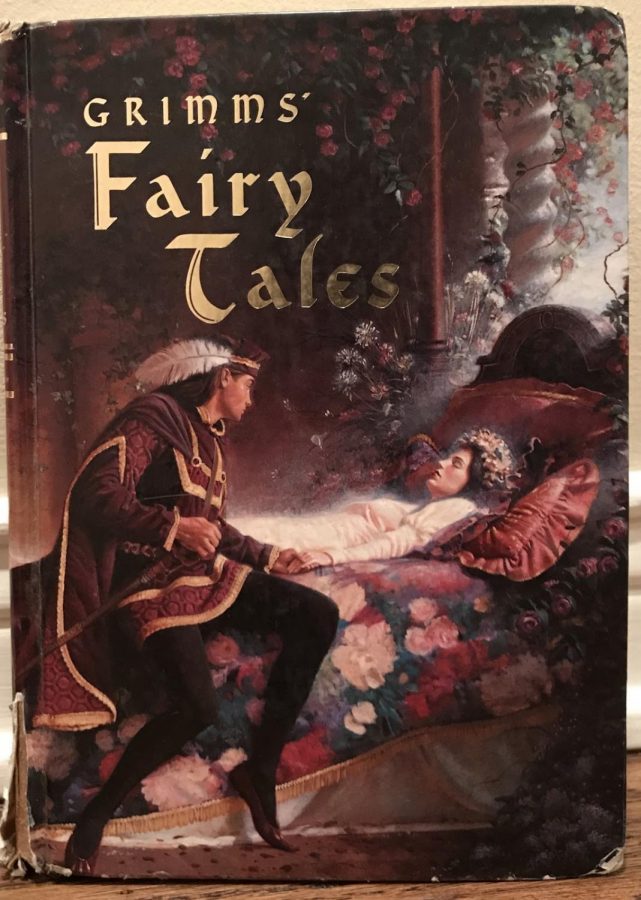
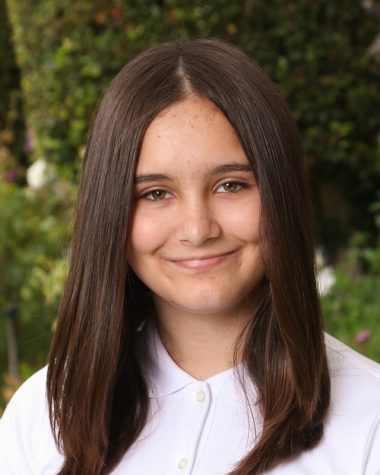
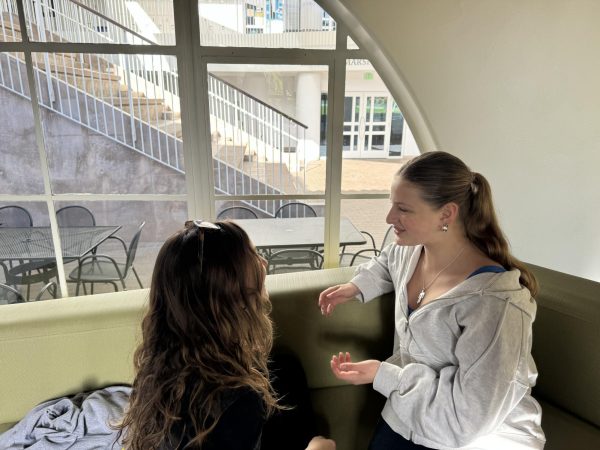
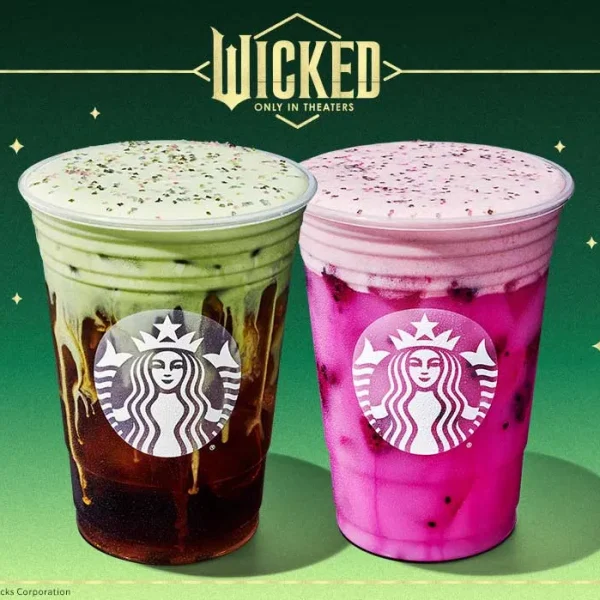



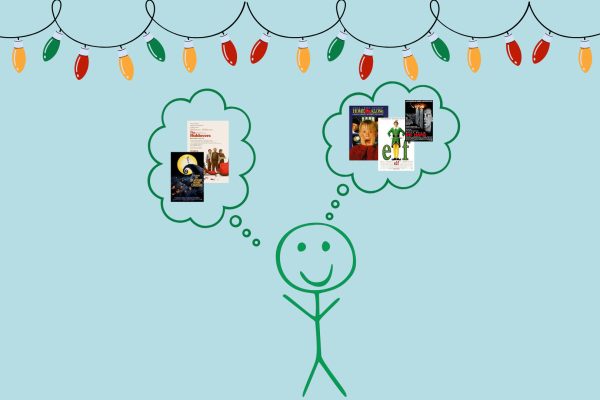
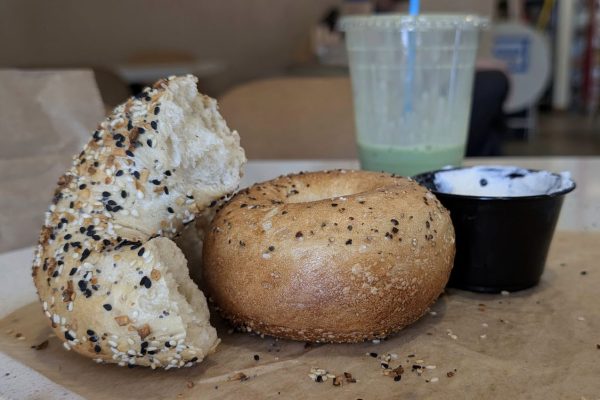
Ms. Daehler • Mar 5, 2018 at 10:22 am
Fabulous article, Scarlet!
Leslie • Mar 4, 2018 at 10:15 pm
I love this!!!SO good!!!